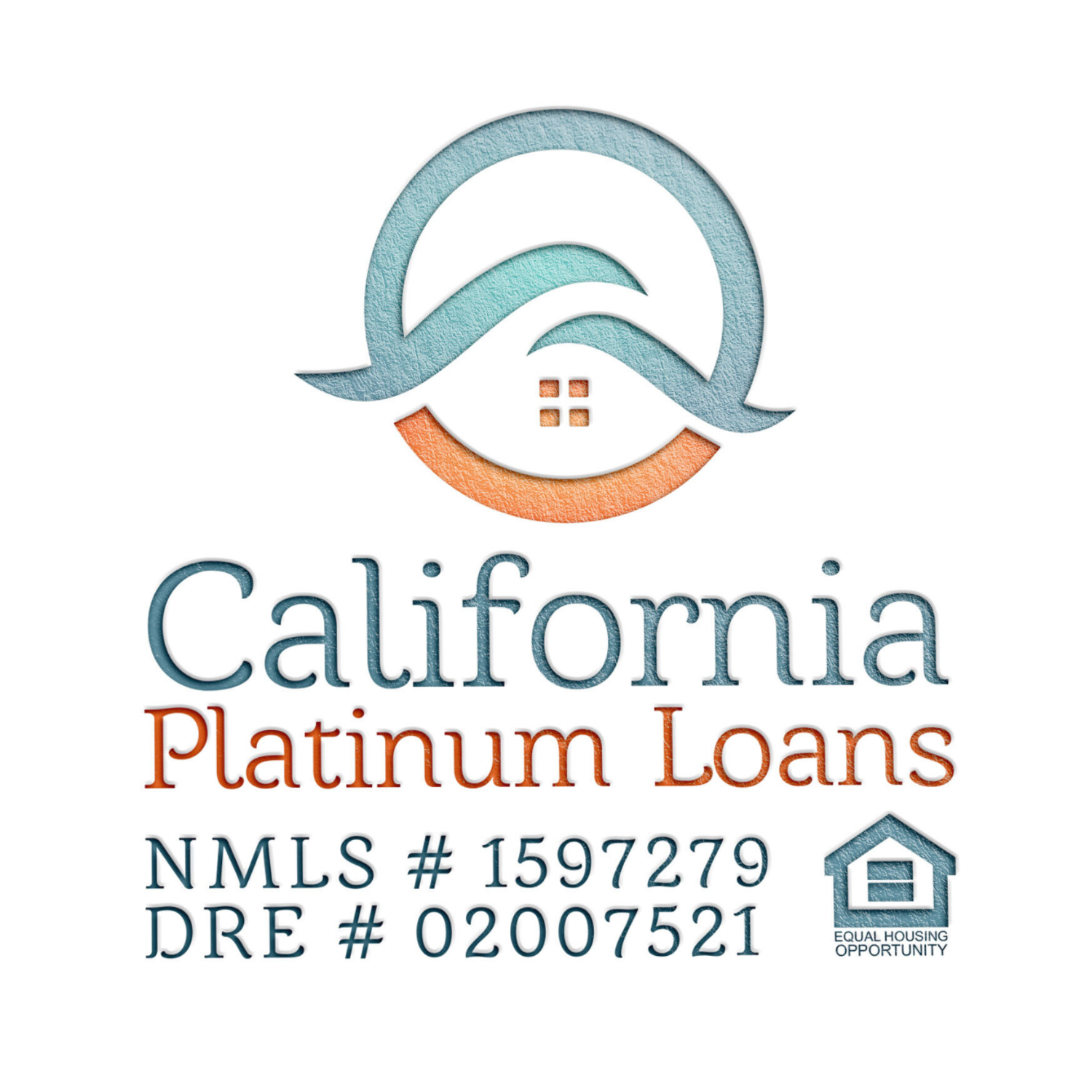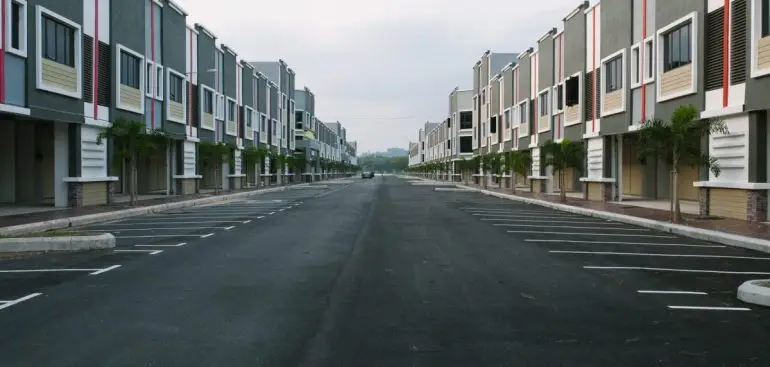You can enjoy “turn-key” living in a condo or, depending on services offered by your HOA, a townhouse. That means you can leave and lock the door and not worry about yard maintenance or, potentially home security. The two types of properties do have differences that can affect your choice of home loans, as well as pricing and overall property cost.
Thinking of buying a Condo or a Townhouse anytime soon? Let us help you determine which property is right for you by getting to know the pros and cons
When you own a townhome, you are usually responsible for maintenance inside your home and outside the home. The biggest difference between a townhome and a condo is that when you own a townhome, you own the land it sits on.
When you own a condominium, you do not own the land that it sits on. It’s obvious this is true for condos that are part of high-rise apartment-style buildings. With a condo, you own everything from the walls inward. Depending on your homeowner’s association, you may or may not be responsible for maintaining the interior of your condo.
How your choice of property as a buyer affect your eligibility for financing options such as VA, FHA home loans, or other types of financing in California right now
Property ownership affects how you get home loans. In order to get a VA or an FHA loan to buy a condo, the entire complex must be eligible for and approved for VA or FHA financing. Loans for condominiums can be complex and can involve more underwriting steps than loans for single-family residences or townhomes.
Townhomes include ownership of land, and even if they’re part of a homeowner’s association or planned unit development (PUD), they can be eligible for a VA or FHA loan without an additional approval process.
Condominiums also have an additional hurdle that prospective owners seeking a mortgage could potentially face. A condo can be identified as “non-warrantable,” which means that it isn’t meeting conventional loan guidelines as established by Fannie Mae or Freddie Mac, the two national home mortgage-buying corporations.
With both a townhome and a condominium, your purchase price and home mortgage payment aren’t the only costs you’ll need to pay each month. Nearly all townhomes and condominiums have homeowners’ associations. The associations provide amenities, can maintain streets, and landscaping, and offer security services, including gates, guards, and other forms of security. Your monthly HOA fees are counted as part of your debt-to-income ratio when you are applying for a home loan to buy a condominium or a townhouse.
Sources
Headline scores 74 on Sharethrough now – I used basic knowledge and the original article to answer key questions.

